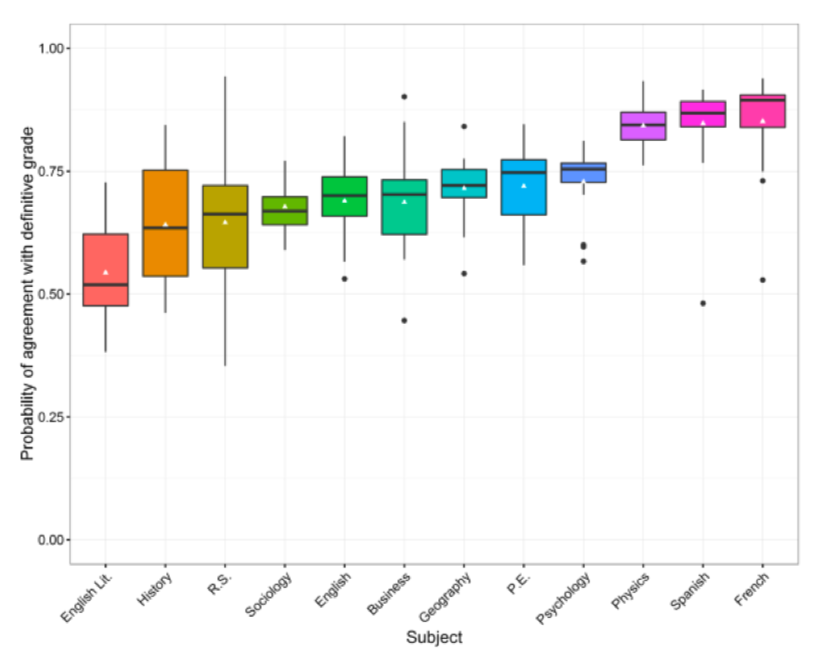
Best Way Story (1961)
An adaptation of the 1957 Broadway musical of the same name, this 1961 movie centres around the tension between two rival groups of teachers, the Trads and the Progs. The arguments and the blockings are all played out through brilliantly choreographed dance scenes and a truly memorable musical numbers.
With music composed by Leonard Bernstein, who can forget the wonderful lyrics from the pen of the great Stephen Sondheim? Every time I watch, I can’t help but sing along to such classics as:
Trad Song
When you’re a Trad,
You’re a Trad all the way
From being postgrad
To retirement day.
Gee, Inspector Spielman
Gee, Inspector Spielman, we’re very upset;
We never had the funding that ev’ry school oughta get.
We ain’t no special measures,
We’re misunderstood.
Deep down inside we’re at least a good!
I Feel Shitty
I feel shitty,
Oh, so shitty,
I feel shitty and gritty and tired,
Ofsted told me
That improvement is required.

Dead Poets Society 2: Special Measures (1991)
In this sequel to 1989’s Dead Poets Society, John Keating, having been fired from the prestigious prep school Welton Academy, has decided to try his hand as a supply teacher. We find him on his first day having been sent to a school that is struggling with poor behaviour.
As he attempts to inspire the pupils to take an interest in poetry, he finds himself facing a variety of obstacles, from getting the pupils to stop ripping up the textbooks to trying to stop them from standing on the tables during lessons.
At first, Keating attempts to use the methods that we saw him use to inspire the pupils at the elite Welton Academy. He tells the pupils at this new school to question authority. They tell him to **** off. He tells them to ‘seize the day’. They take the day off school to play Xbox. He tells them: ‘make your lives extraordinary’. They tell him to **** off again.
Eventually, Keating realises that questioning authority and listening to the trophy cabinet whisper Latin phrases are all well and good if you have already established structure and discipline, and that he needs to work towards building those things before he can inspire the pupils. He realises that this isn’t something that he can do on his own and needs a whole school approach, so he resigns and leaves the school.
As he leaves the school he walks past a classroom, and through the window we see pupils standing on the tables, some making hand gestures and some shouting names at him.

The Breakfast Club (2019 reboot)
An arthouse reboot the original, updated for the modern era. The premise is the same – on a Saturday, five pupils are meant to report for an all-day detention. However, as the pupils’ parents feel that a Saturday detention is inhumane, none of the pupils turn up for the detention. Instead, we follow Assistant Principal Richard Vernon alone in the school all day, going through an existential crisis and questioning his future in teaching.
A largely improvised film, the highlight is obviously Vernon’s melancholic and balletic dance montage to The Smiths’ ‘I Know It’s Over’.



